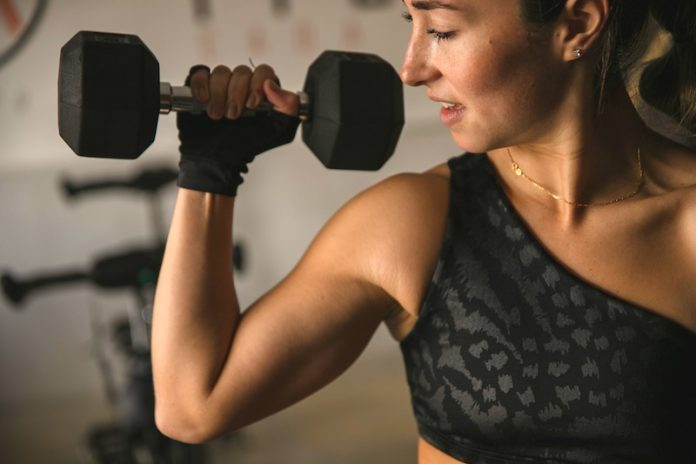
A new study from Tel Aviv University has shed fresh light on why people work out and what actually helps them keep exercising—and it’s not always what they say.
Using artificial intelligence (AI) and machine learning to analyze thousands of Reddit posts, researchers discovered that looking good is the top reason many people exercise, not necessarily health.
This marks the first time AI tools have been used to dig deep into public online discussions to understand motivation behind physical activity.
The study was led by a team from TAU’s School of Public Health, including Dr. Michal Shmueli-Scheuer, Yedidya Silverman, Prof. Israel Halperin, and Prof. Yftach Gepner. Their work appears in the Journal of Medical Internet Research.
Traditional research methods often rely on surveys and questionnaires, but these come with built-in biases.
People may respond with what they think sounds good or socially acceptable—like “I want to stay healthy.” But when researchers used AI to scan real conversations from Reddit, the truth looked a bit different:
- 23.9% of people exercise mainly to improve their appearance
- 18.9% work out for physical health
- 16.9% focus on mental health benefits
“This is the raw truth,” said Prof. Gepner. “On surveys, people say they exercise for health. But online, where they speak more freely, it’s often about appearance—abs, muscles, or losing weight. If we want to get people moving, we need to speak to what really motivates them.”
The researchers didn’t just look at why people exercise—they also wanted to find out how they manage to keep doing it. Reddit users shared strategies that help them stay committed to working out. Here’s what the data showed:
- 30% relied on creating workout habits (e.g. going to the gym every morning or jogging every Saturday)
- 13.9% set clear goals (like losing 10 pounds or completing a 5K)
- 12.1% simply enjoyed the activity itself
- 9.7% appreciated the social aspect of working out with others
- 8.9% used media like YouTube workout videos
- 2.8% used fitness apps
- 2.5% made financial commitments, such as buying gym memberships or equipment
The Power of Habit
According to Prof. Gepner, one finding stands out: forming exercise habits is by far the most effective strategy. “Developing a routine is the key,” he said. “You brush your teeth every morning without thinking—your workout can become just as automatic. Instead of a cigarette or scrolling your phone, try a walk or a quick jog. That habit could save your life.”
He emphasized that the impact of regular physical activity is enormous. Just two hours of exercise per week can prevent up to 30% of diseases, improve mental health, and extend your lifespan. Yet, surprisingly, fewer than 25% of people meet this goal.
Understanding real motivations and effective strategies could help bridge this gap. If health campaigns acknowledge that people care about how they look, not just how they feel, they may be more successful in encouraging consistent exercise.
This study takes a refreshingly honest approach to understanding human behavior. By using AI to scan public conversations rather than relying on surveys, researchers gained more accurate insights into what truly drives people to work out.
While health benefits are important, this study shows that they may not be the most persuasive motivator. For public health messaging to succeed, it may need to appeal to more immediate and relatable desires—like feeling more confident or improving appearance.
The emphasis on habit-building is particularly valuable. Habits take the burden off willpower and motivation, making exercise a regular part of life rather than a constant uphill battle. For anyone struggling to stay active, this research offers a simple but powerful message: Find a routine you enjoy, and make it stick.
If you care about muscle, please read studies about factors that can cause muscle weakness in older people, and scientists find a way to reverse high blood sugar and muscle loss.
For more health information, please see recent studies about an easy, cheap way to maintain muscles, and results showing these vegetables essential for your muscle strength.
The research findings can be found in Journal of Medical Internet Research.
Copyright © 2025 Knowridge Science Report. All rights reserved.



